
May 20, 2025
In order to accelerate the development of the Johor Bahru Special Economic Zone, six local Malaysian banks have signed a letter of intent with…
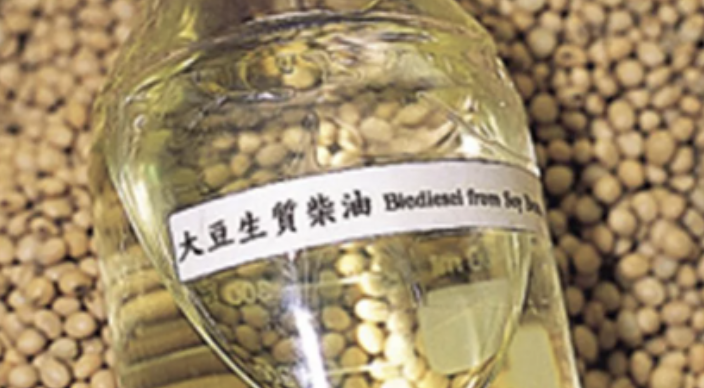
May 13, 2025
The U.S. Department of Agriculture’s (USDA) latest World Agricultural Supply and Demand Estimates report, released on May 12, lowered its forecast for soybean oil…
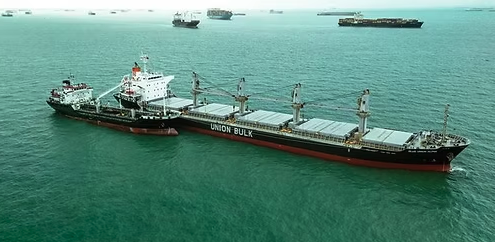
May 13, 2025
On May 9, China Ship Fuel (CSF) successfully refilled 5,600 tons of bonded B24 biofuel oil for the vessel SALLY MAERSK at Guandong Terminal…
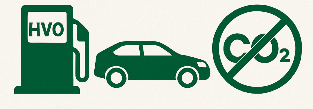
May 10, 2025
Recently, U.S. Rep. Mike Carey, R-Ohio’s 15th District and a member of the House Fundraising Committee, and Rep. Mariannette Miller-Meeks, M.D., a Republican member…
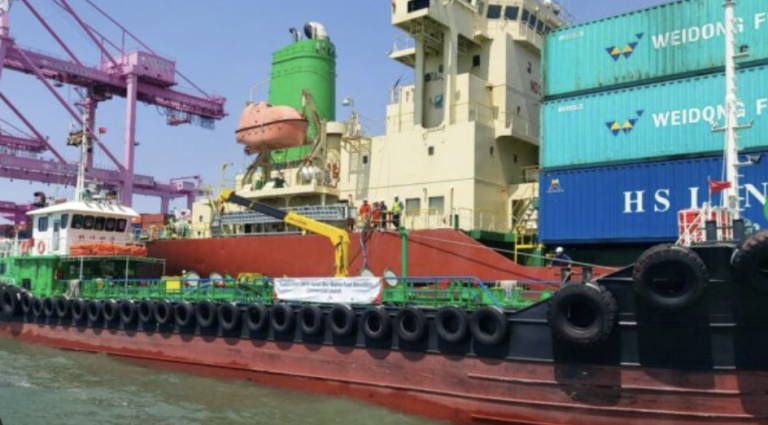
May 5, 2025
SK Incheon Petrochemicals announced on April 30 that it has officially launched and started supplying B30 marine biofuel in response to the shipping industry’s…

April 16, 2025
The European Biodiesel Board (EBB) on April 14 welcomed the EU’s move to combat Annex IX biofuel fraud and supported the Sustainability Committee’s specific…
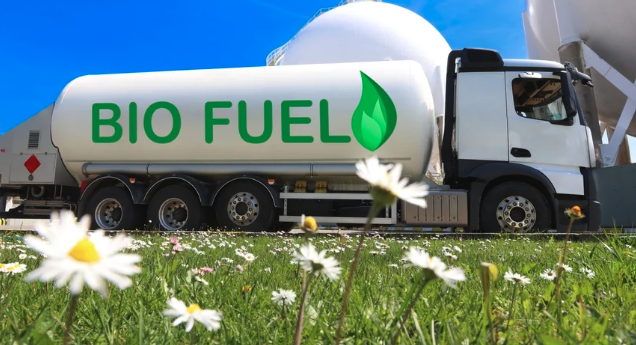
April 5, 2025
U.S. Secretary of Agriculture Brooke Rollins announced a $537 million investment in 543 biofuel infrastructure projects across 29 states, under the Higher Blends Infrastructure…
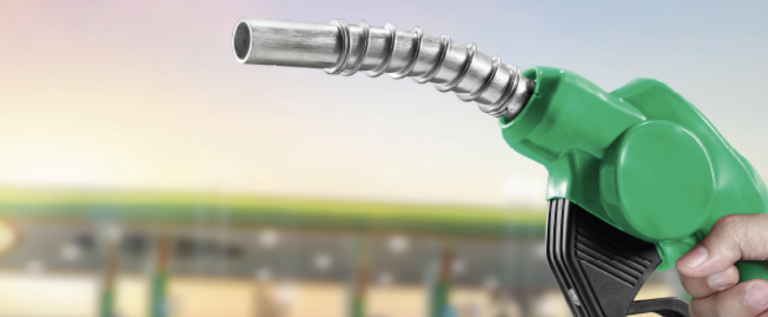
April 4, 2025
As Brazil’s fuel market faces increasing regulatory challenges, INFRA news agency reports that the board of directors of the National Agency for Oil, Gas…
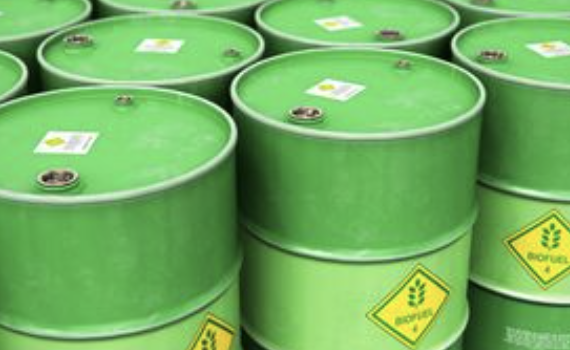
April 4, 2025
April 4 – The National Association of Convenience Stores (NACS), the National Association of Truck Service Stations (NATSO), and the Society of Fuel Marketing…
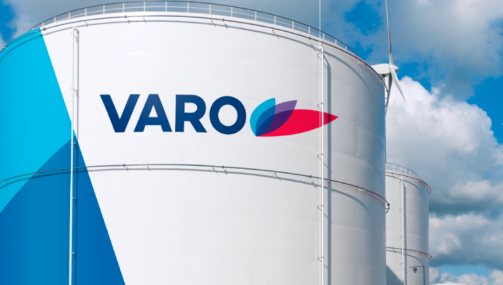
April 1, 2025
Varo Energy, backed by private equity giant Carlyle Group (CG.O), and global trading leader Vitol Group announced on Monday that they have agreed to…









